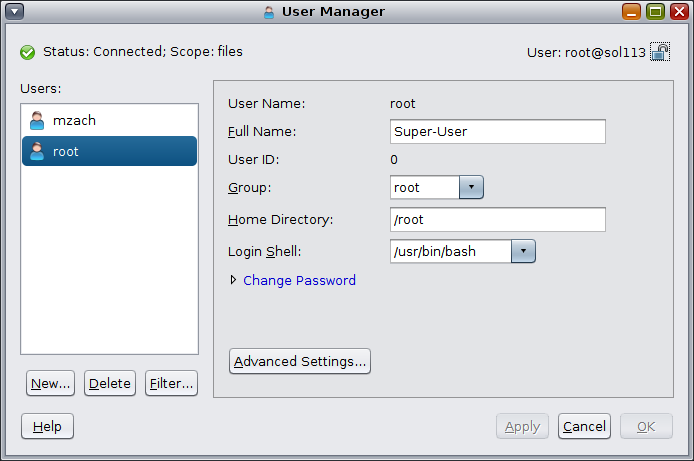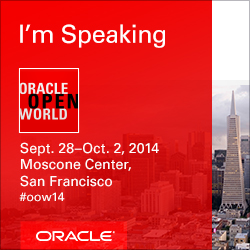I am using Vagrant with Virtualbox for many years to automate test environments on my notebook. I absolutely love it, it allows me to spin up Solaris and Linux virtual machines in any way I need it. If you also have a need for a very convenient and affordable LAB environment, give it a try.
There is an additional challenge if you want to use Solaris VMs. Because there are no prepared Solaris base images (aka boxes), which you could just download from the web. I assume it is legally not allowed to redistribute Solaris.
Luckily Solaris has already a very powerful technology for handling OS images Unified Archives (UARs), which you likely use already for your OS deployment. In this post I will show how you can convert a Unified Archive hands-free in approximately 10 minutes into a Vagrant box.

